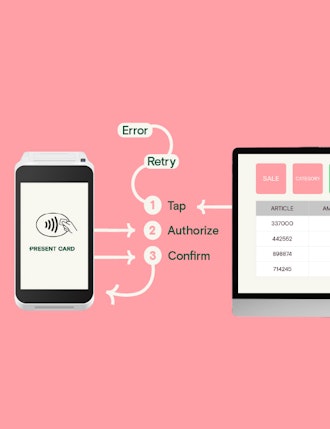On 28th June 2023, the European Commission proposed a new set of rules to further modernise payment services and open financial services data.
In part, it revises the second Payment Services Directive (PSD2) and introduces a new Payment Services Regulation (PSR). Here we’ll look in detail what this means for the payment industry.
What is PSD3?
PSD3 is the third Payment Services Directive. It provides an upcoming framework that regulates electronic payments and the banking ecosystem within the European single market area (EEA). It is set to be adopted into UK law as well as across Europe.
What impact will PSD3 have?
Let’s look at the changes illustrated in PSD3 and how this may impact the payment industry.
Further levelling the playing field between banks and non-banks
During the review of PSD3, the European Commission noted that consumers were not fully able to make use of the potential benefits that new payment institutions and innovative payment services could provide. One of the reasons was the difficulty that payment institutions (PIs) have in opening and maintaining payment accounts with banks.
The Commission proposed four new measures to strengthen the position:
- Payment institutions will get the opportunity to hold funds at the central bank to safeguard users’ funds.
- Payment institutions will be incorporated into the Settlement Finality Directive, allowing them to become a participant in these systems.
- Credit institutions can only refuse to open or close a payment account for payment institutions in exceptional cases where these are serious grounds to do so. Serious grounds could be serious suspicion of illegal activities and money laundering.
- Payment system operators must provide direct access for payment institutions to all payment systems and can only inhibit access where this is necessary to safeguard specific risk such as operational, credit or business risk.
Currently only banks have access to the payment settlement structure, forcing institutions to rely on banking partners to process their transactions. By providing access, the playing field is further levelled. In turn this means better competition and more opportunities for innovation, which will only improve the payment experience for consumers.
Strengthening the resilience of the payments sector
To improve the security and resilience of the payments sector, PSD3 proposes the following:
- More stringent safeguarding rules: Payment institutions will have to endeavour to safeguard consumer funds with more than one bank to reduce concentration risks.
- Wind down plans: Payment institutions will need to submit a wind-down plan that is proportionate to their business model and its planned services. This gives regulators more tools to ensure firms put measures in place to reduce consumer harm from their potential failure.
Data sharing and unlocking the value of open banking
The Commission also noted that current restraints in the exchange of data between participants in the payment chain impact innovation and the improvement of the customer experience.
- Dedicated interfaces: Payment account providers will need to put in place dedicated interfaces for Third Party Providers (TPPs) to access open banking data. Payment institutions will benefit from fewer potential obstacles to data sharing.
- Permissions dashboards: Account providers will need to set up a dashboard which enables their customers to monitor, withdraw or re-establish their permissions in relation to open banking TPPs. This is viewed as key to help increase trust in and modernise open banking data and payments services.
The crux of these measures is that open banking will be easier for payment institutions, but that there will be more trust in the system by consumers.
Security measures and enhanced consumer protection
The Commission has also brought it in a range of new security measures across the payments industry. They include:
- Consumer refunds: Consumers will now gain new refunds rights in the face of new types of fraud. One example is a refund for spoofing scams, where fraudsters impersonate employees of payment institutions to secure funds from consumers.
- IBAN and payee verification: Payment institutions will have to provide their users with IBAN and payee name verification services, free of charge. This is partly as a means to reduce impersonation fraud, whereby a fraudster tries to impersonate a friend or relative to secure funds.
The overall impact on the payments industry
Interested in reading more around this subject? Here are some useful articles…














